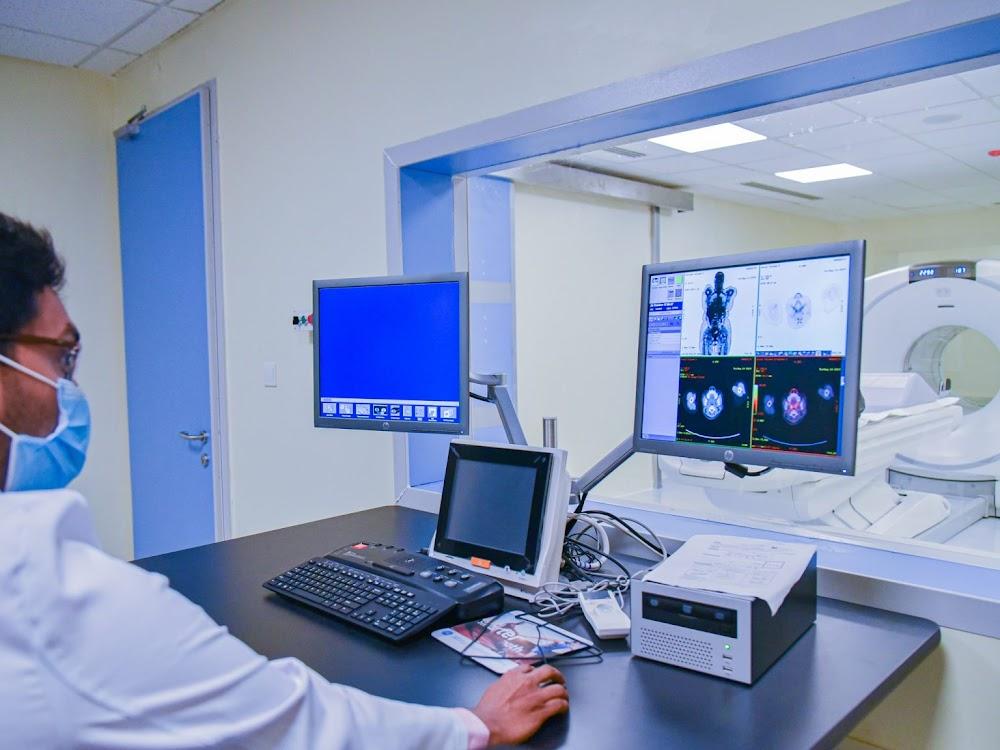Africa-Press – Kenya. At least 4,000 Kenyans have gone through the PET/CT scans one year since they were operationalised. Positron emission tomography (PET) scans detect early signs of cancer, heart disease and brain conditions.
The two machines are located at the Integrated Molecular Imaging Center at the Kenyatta University Teaching Referral and Research Hospital. This means more Kenyans who would otherwise have travelled overseas for such services are now opting for local screening.
The centre was opened by former President Uhuru Kenyatta on October 16 and scanned the first patient on January 10, 2022. It aims to reduce the cancer burden in the country by ensuring early detection of cases for timely intervention.
“From our data, breast cancer accounts for 25 per cent of all scanned patients, which is a great concern,” the KUTRRH board chairperson Olive Mugenda said in a tweet. In addition to PET CT and SPECT CT scans, the hospital has also conducted 500 PSMA scans for prostate cancer.
PSMA stands for prostate-specific membrane antigen and is a new type of nuclear medicine procedure for men with prostate cancer suspected of spreading to other parts of the body.
“This facility has saved Kenyans a lot of money thanks to the GoK and the Ministry of Health for the timely investment. The strategy this year is to encourage early screening and enhance treatment,” she noted.
The centre has two PET/CT Scan machines and targets to attend to at least 50 patients in a day in organised two shifts. The ultra-modern medical facility is equipped with state-of-the-art equipment to offer comprehensive cancer management services.
It covers 635 square metres located on three floors and a bunker for the cyclotron. The key function of the cyclotron machine is to produce radioisotopes (consumables) that are used to prepare the dosage injected into the patient for early diagnosis of cancer through the PET/CT machine.
For More News And Analysis About Kenya Follow Africa-Press






